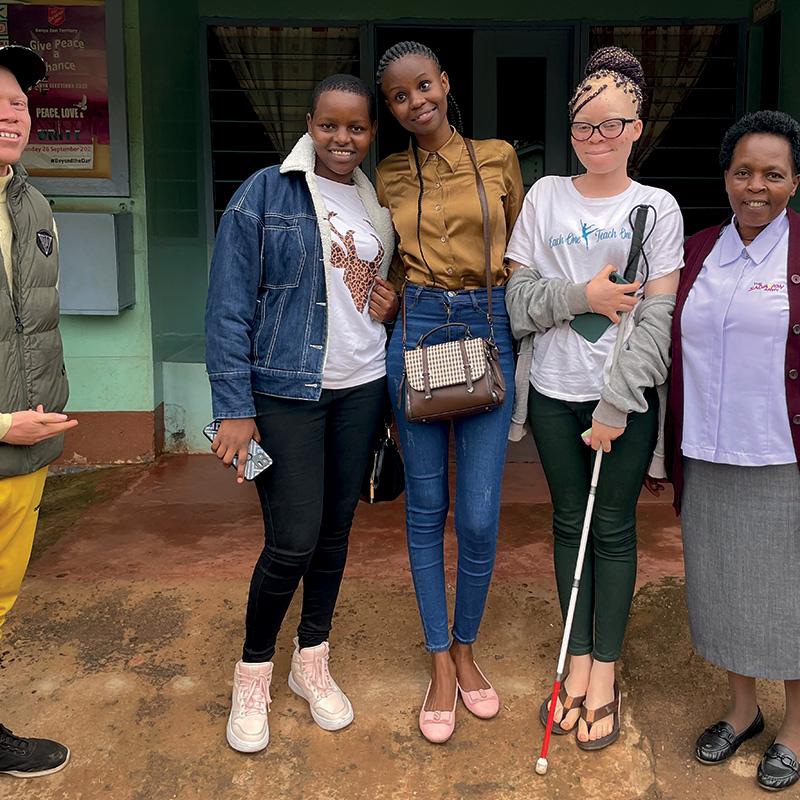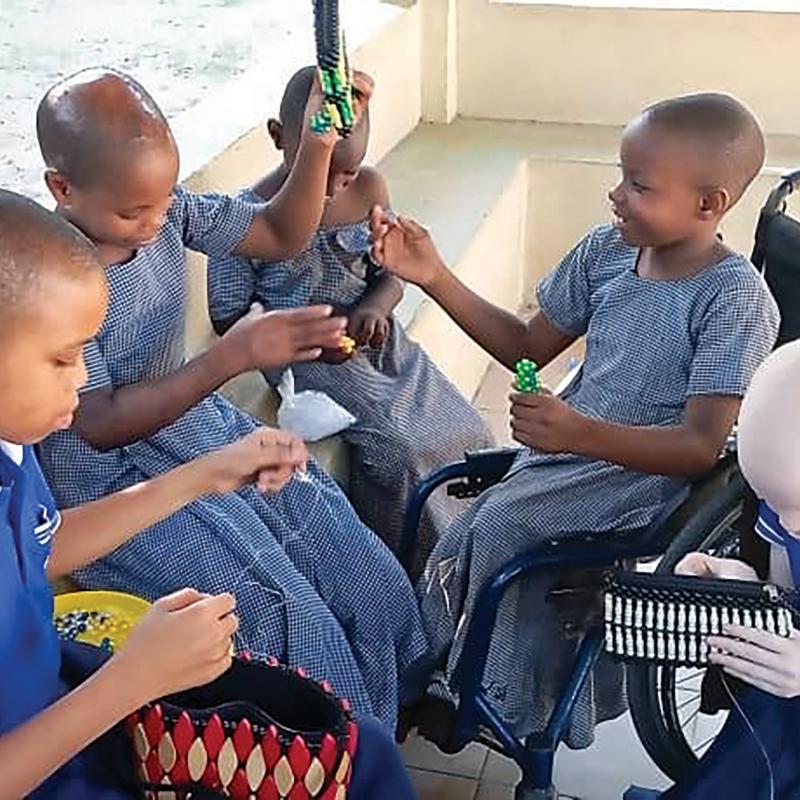Schools and education
The Salvation Army has a long history of engagement with education and currently works with more than half a million children in more than 2,500 schools, supported by 20,000 teachers in 45 countries.
We aim to remove barriers to education for the most vulnerable, providing high quality teaching that enables children to either move confidently to the next stage of education or feel empowered to look for employment.







